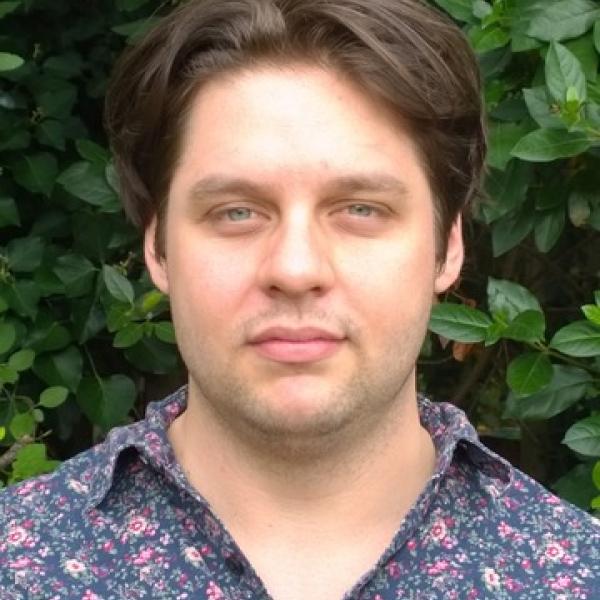
Humanities Teaching Fellow (2018-20)
Rosenwald Hall, Room 216
Office Hours:
Winter Quarter,
University of Chicago PhD (2018); Kings College London BA and M.Phil.
Research Interests:
Philosophy of Mind and Action, Ethics
Research Interests:
Philosophy of Mind and Action, Ethics
Interests
Ethics, Philosophy of Action, Philosophy of Mind, Ancient Philosophy, Kant
Dissertation
Dissertation Title: “The Efficacy of The Good”
Dissertation Committee: Candace Volger (chair), Jason Bridges, Agnes Callard, Anton Ford, and Matthias Haase
